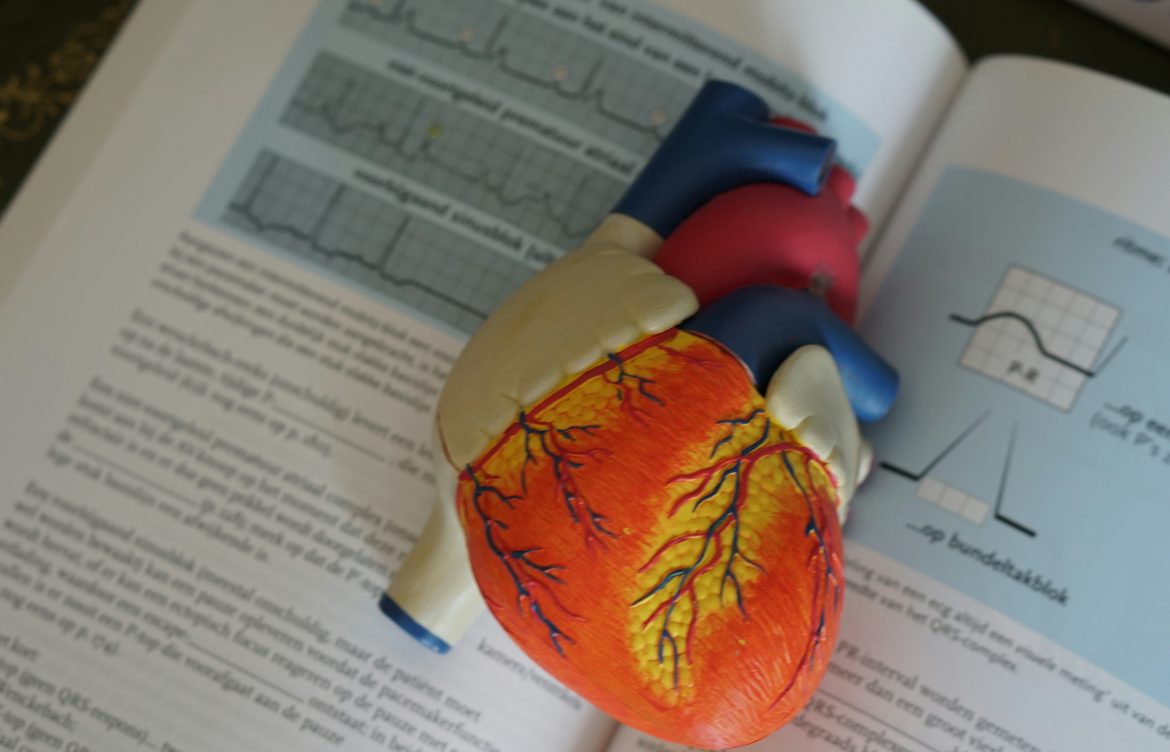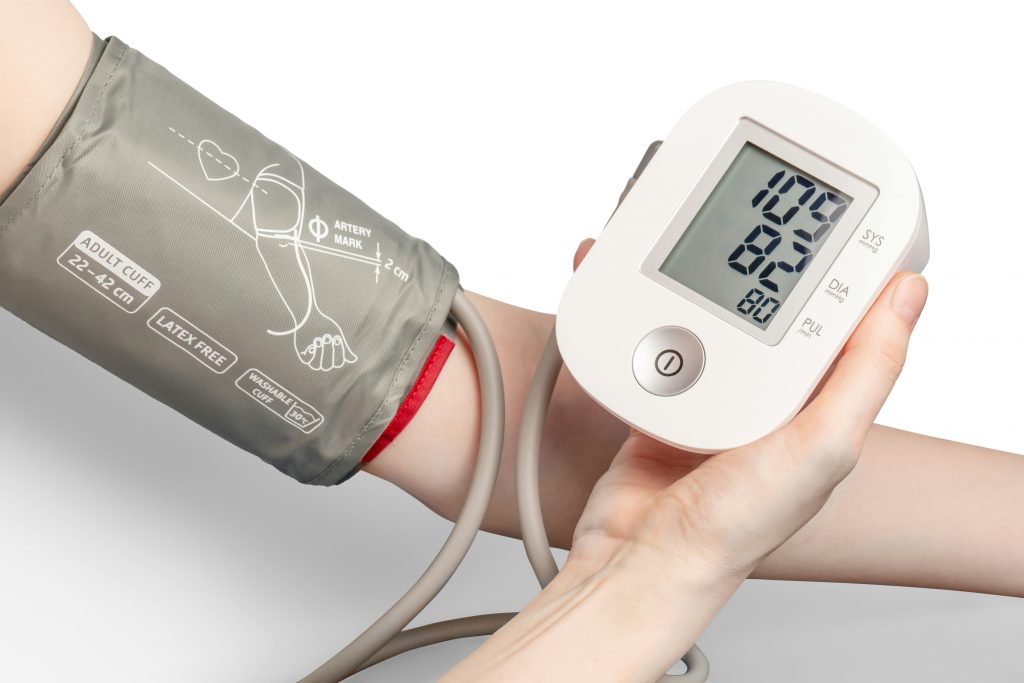
Cardiovascular Health: Essential Tips for a Healthy Heart
Cardiovascular health is a cornerstone of overall well-being. Our heart, a remarkable organ, works tirelessly to pump blood throughout our body, delivering oxygen and nutrients essential for survival.
Yet, cardiovascular diseases (CVD) remain the leading cause of death globally, highlighting the importance of proactive heart health management.
In this blog, we’ll explore key strategies to improve cardiovascular health and maintain a robust heart.

Understanding Cardiovascular Health
Cardiovascular health refers to the well-being of the heart and blood vessels. A healthy cardiovascular system efficiently circulates blood, regulates blood pressure, and supports metabolic functions. Conversely, poor cardiovascular health can lead to conditions such as hypertension, coronary artery disease, heart attacks, and strokes.
Key Risk Factors
Several risk factors contribute to cardiovascular disease, including:
- Unhealthy Diet: High intake of saturated fats, trans fats, cholesterol, sodium, and sugars.
- Lack of Physical Activity: Sedentary lifestyle leading to obesity and weakened heart muscles.
- Smoking: Tobacco use damages blood vessels and heart tissues.
- Excessive Alcohol Consumption: Can raise blood pressure and contribute to heart diseases.
- Stress: Chronic stress can increase heart disease risk.
- Genetics: Family history of heart disease can predispose individuals to similar conditions.
Tips to Improve Cardiovascular Health
Adopt a Heart-Healthy Diet
Eating a balanced diet is fundamental to cardiovascular health. Focus on:
- Fruits and Vegetables: Rich in vitamins, minerals, and antioxidants that protect the heart.
- Whole Grains: Provide fiber that helps reduce cholesterol levels.
- Lean Proteins: Opt for fish, poultry, beans, and legumes over red meats.
- Healthy Fats: Incorporate sources of unsaturated fats like olive oil, nuts, and avocados. Avoid trans fats and limit saturated fats.
- Low Sodium: Reducing salt intake can help control blood pressure.
Regular Physical Activity
Exercise strengthens the heart, improves circulation, and helps maintain a healthy weight. Aim for:
- Aerobic Exercise: Activities like walking, running, swimming, or cycling for at least 150 minutes per week.
- Strength Training: At least two days a week to build muscle and support metabolic health.
- Flexibility and Balance Exercises: Yoga or stretching can improve overall fitness and reduce stress.
Maintain a Healthy Weight
Being overweight increases the risk of heart disease. A combination of healthy eating and regular exercise can help maintain an optimal weight.
Quit Smoking
Smoking is one of the most significant risk factors for cardiovascular disease. Quitting smoking can dramatically improve heart health and reduce the risk of heart attacks and strokes.
Limit Alcohol Intake
Moderate alcohol consumption, defined as up to one drink per day for women and up to two drinks per day for men, can have some heart benefits. However, excessive drinking can lead to high blood pressure, heart failure, and other cardiovascular problems.
Manage Stress
Chronic stress contributes to heart disease. Effective stress management techniques include:
- Mindfulness and Meditation: Can lower stress levels and improve heart health.
- Exercise: Physical activity is a great way to manage stress.
- Hobbies and Social Activities: Engaging in enjoyable activities can reduce stress and improve overall well-being.
Regular Health Screenings
Regular check-ups with your healthcare provider can help monitor and manage risk factors. Key screenings include:
- Blood Pressure: High blood pressure often has no symptoms but can lead to serious heart conditions.
- Cholesterol Levels: High cholesterol can cause plaque buildup in arteries.
- Blood Sugar Levels: Diabetes significantly increases the risk of heart disease.
Get Adequate Sleep
Poor sleep can negatively affect cardiovascular health. Aim for 7-9 hours of quality sleep per night. Establish a regular sleep schedule and create a restful environment to enhance sleep quality.
Stay Hydrated
Proper hydration supports overall health and helps maintain optimal heart function. Aim for at least 8 glasses of water a day, adjusting for activity level and climate.
Limit Caffeine and Sugar
Excessive caffeine and sugar intake can contribute to heart problems. Moderation is key, so enjoy these in limited amounts.
Last Thoughts…
Improving cardiovascular health requires a holistic approach, incorporating diet, exercise, lifestyle changes, and regular medical check-ups. By making conscious, health-focused choices, you can significantly reduce your risk of cardiovascular disease and enjoy a longer, healthier life. Start today—your heart will thank you!
For more information and personalized advice, consult with healthcare professionals who can guide you based on your individual health needs.